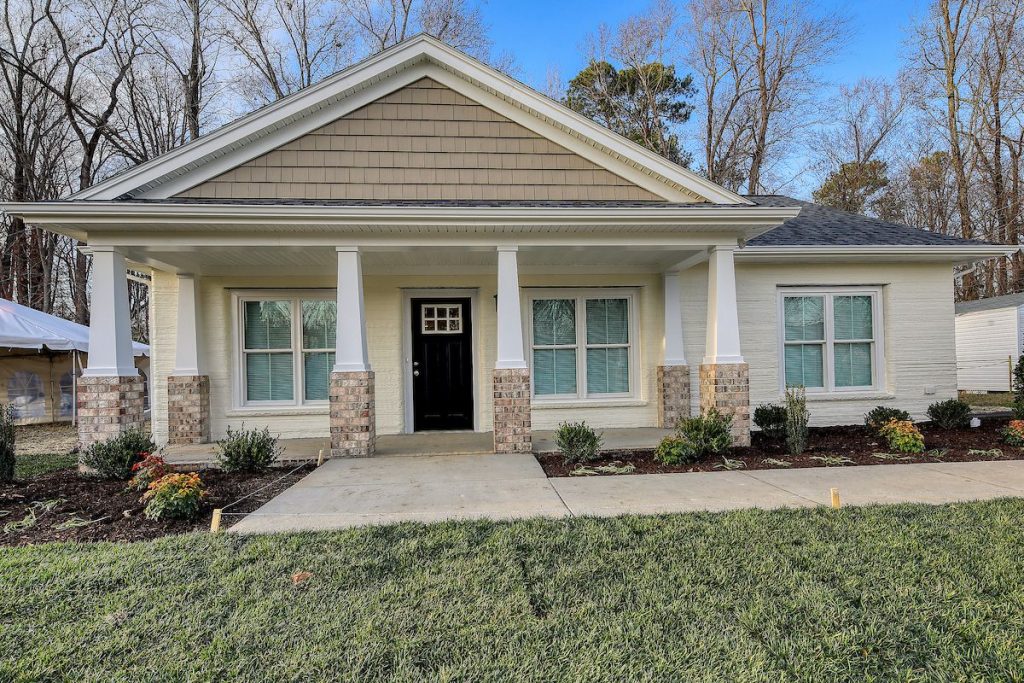
5 Characteristics of a good home
Habitat’s work might look a little different in each of the 70 countries where we work, depending on local needs, styles, climate, and available materials. However, the things that make a home “decent” are the same everywhere.
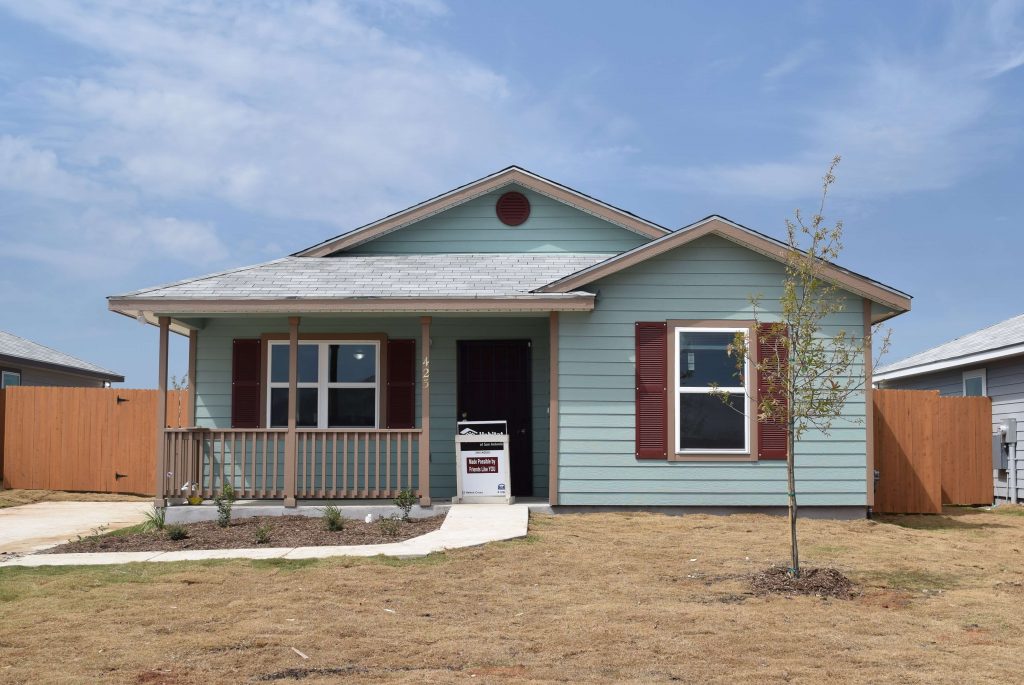
The mission of Habitat for Humanity is to create a world where everyone has a decent place to live. Globally, Habitat for Humanity assists families in constructing or improving a safe, affordable home. While our work may vary somewhat in each of the 70 countries where we have a presence depending on local demands, styles, climate, and materials, the characteristics that constitute a “good” home are universal.
Meet LaTonia
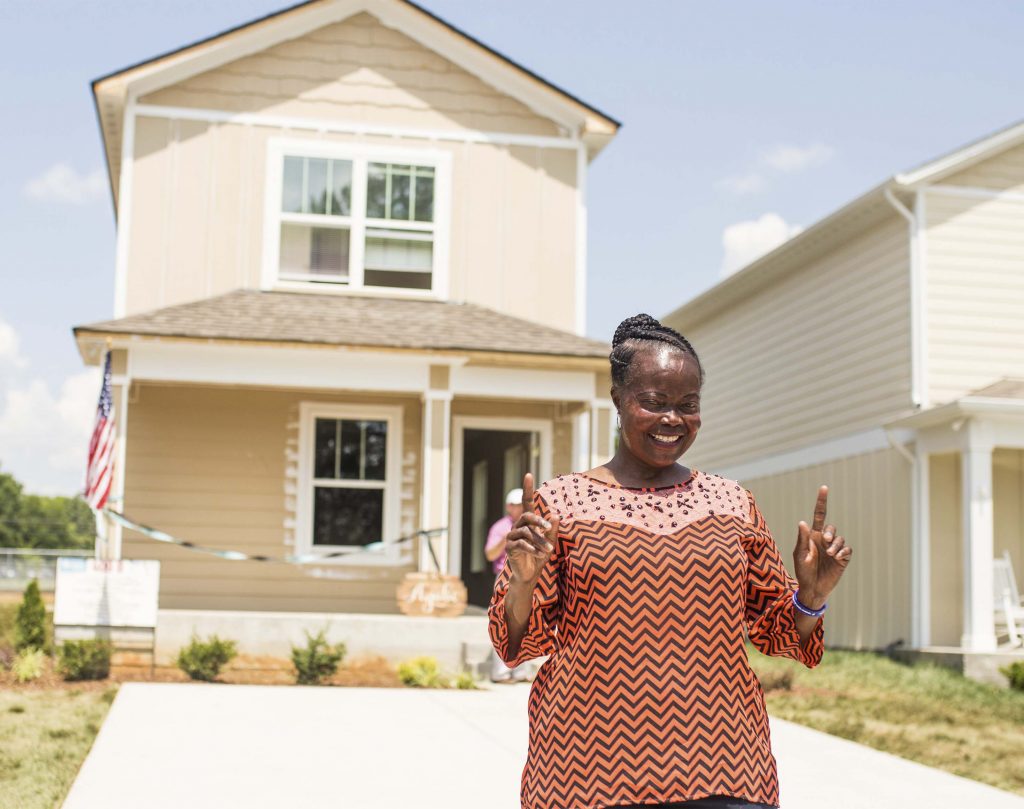
The fixed, low-interest mortgage on LaTonia’s Habitat Greater Nashville home offers her with the financial certainty to care for her family’s daily needs and the opportunity to plan for the future. Previously, each boost she received from her position at a medical facility was accompanied with a rent increase.
LaTonia was eventually forced to leave the apartment she shared with her 13-year-old son Monty and return to her mother’s home. At that point, she contacted Habitat. The financial education and manageable mortgage provided by Habitat have enabled her to save; she hopes to put her funds in her and her son’s schooling. “Owning my own house has been a long-term goal of mine,” she says. “Now we’re in a better place to reach even more of our goals.”
Introduce Marta and Victor
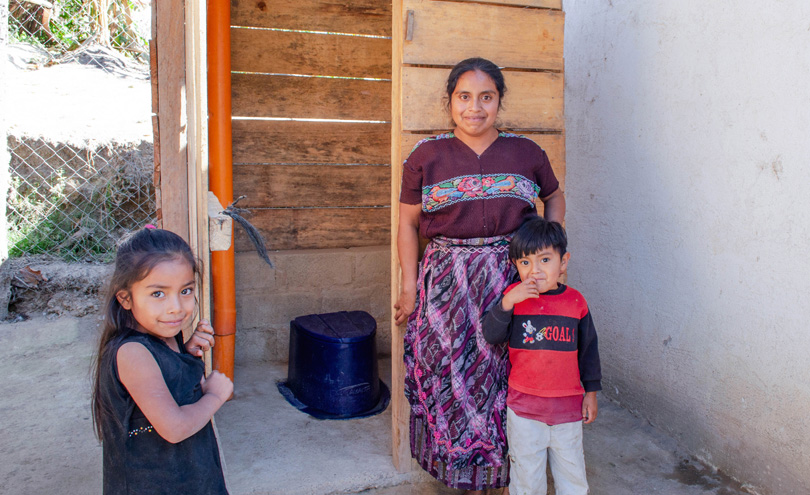
To the detriment of the health of the millions of Guatemalans living below the country’s poverty line, a lack of essential amenities and structural difficulties have afflicted their houses. Volunteers work with homeowners as part of Habitat Guatemala’s Healthy Homes program to install smokeless stoves to enhance air quality and latrines and water filters to improve sanitation and water quality.
Marta, Victor, and their five children are presently prospering at their house in San Lucas Tolimán as a result of their efforts. Previously, the family cooked over an open flame. Marta states, “The smoke lingered in the kitchen, leading us to get respiratory problems.” The new, bigger stove facilitates respiration and conserves resources by using less wood. In addition, the latrine and water filter contribute to the children’s health.
Describe a coalition that initiated change.
Habitat Côte d’Ivoire brought together community members, government officials, village authorities, and youth groups, among others, to support the construction of a simple, effective mechanism to issue land certificates and to increase public understanding of the significance of secure land tenure. Through the efforts of the coalition, approximately 100,000 individuals in local communities now have recognized land paperwork, allowing them to get bank loans to upgrade their houses, launch enterprises, and increase their level of life.
The national director of Habitat Côte d’Ivoire, Yao Sény Jean-Jacques, explains that when Habitat Côte d’Ivoire visits these locations, locals provide their land titles. This is the first time that these individuals have access to a formal document establishing their property rights.
Maximino and Catalina
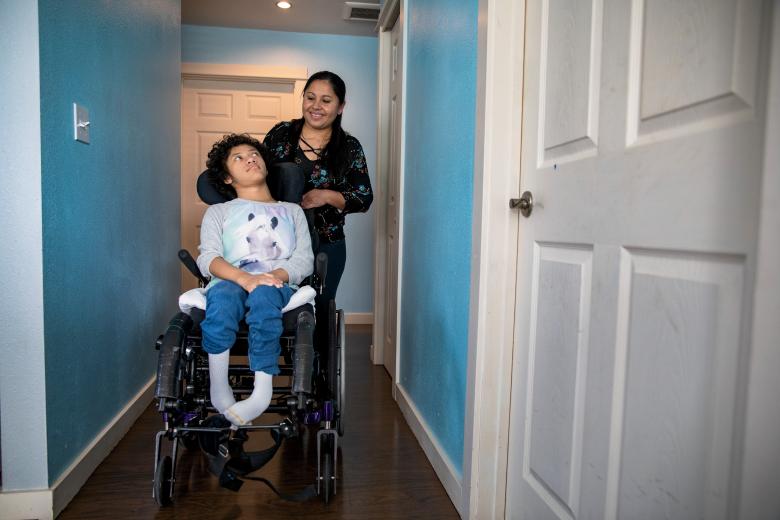
Maximino, Catalina, and their three children leased a modest, pricey townhouse with two bedrooms in Vancouver, Washington, for years. One bedroom was set aside for their adolescent daughter, Lizeth, who suffers from cerebral palsy and required enough space for her medical equipment. Catalina was often had to carry her kid through corridors and into the restroom since her wheelchair could not fit in these areas. As the family’s rent continued to climb and their children grew, they needed a more sustainable alternative.
Today, the family’s accessible Evergreen Habitat house features bigger doors and corridors, a lower sink, and a higher toilet. When he analyzes his family’s new reality, Maximino is in awe of the sanctuary that their house provides, as well as the opportunities for development that it will provide for each of them. “We adore this home,” he declares. We are ecstatic to be here.
Encounter families exhibiting resiliency
The Build Back Safer course provided by Habitat New Zealand provides families with the assurance that their house can withstand the elements when cyclone season approaches. Families are assisted by Habitat workers and volunteers in fortifying their houses by rebuilding their roofs using safe cyclone-strap procedures.
Families are better able to care for their houses before and after a catastrophe with the aid of modern equipment and knowledge. “In the Pacific, tropical cyclones are a part of life, but hazardous housing is not,” says Habitat New Zealand’s chief operating officer, Alan Thorp. “Building the roof together, with everyone pitching in and learning as they go, shows the family how to do things in a way that will last for future home improvements.”
A good home:
1. Is affordable
A house that is cheap enables a family to meet housing expenditures and yet have sufficient funds for life’s other necessities.
Food, healthcare, transportation, and education are important. As rents and mortgages in the United States increase faster than salaries, the proportion of households whose housing costs exceed 30% of their income is increasing. Too many of our neighbors work hard yet still fall short, not due to their own efforts but due to structural difficulties and an unequal economy. Too many important employees are priced out of the regions in which they labor. Too many families do not have access to the personal and economic security that secure, good, and affordable housing offers. Because of this, Habitat builds, assists in revitalizing communities, and advocates.
Habitat also aims to steer investment funds to the housing industry on a global scale. We aim to guarantee that more households have access to housing microfinance, that there is an appropriate supply of housing goods and associated services on the market, and that investment in novel solutions is encouraged. This means that we collaborate to enhance the availability of inexpensive building supplies and services, such as contractors, and seek to expand access to modest loans that will enable families to gradually improve their housing.
By striving to raise the affordability of housing everywhere Habitat is present, we provide families with a solid foundation on which to develop and prosper. And we contribute to strengthening the economic and social fabric that unites us all.
2. safeguards the health of a family
Where we reside influences our life. A high-quality house may keep us healthy, whereas a low-quality home can make us ill. Asthma may be triggered by leaks and bugs. Overcrowding facilitates the spread of infectious illnesses. Unfortunately, as housing costs continue to rise, an increasing number of families are compelled to sacrifice home quality for affordability. Consequently, their health suffers.
In addition to constructing new durable and healthy houses, Habitat does home repairs to enhance and maintain the current housing stock. Changes to existing structures, such as repairing leaking roofs in the United States or replacing dirt floors with concrete floors, or installing latrines and access to clean water in areas where families previously had none, can help alleviate the physical dangers and mental stress caused by living in poor conditions.
We can develop healthier, more egalitarian, and more resilient communities for future generations by assisting more families to construct or upgrade their homes.
3. Is secure
The ground on which a house is built is its foundation. However, more than 70% of the world’s population lacks official paperwork for their land, which would protect them against eviction. In many nations, women are more vulnerable to relocation, particularly following the death of a male family head, as a result of discriminatory policies that prohibit them from owning property.
The effect of guiding and empowering people through the legal procedure to obtain permanent land tenure, wherein they have the right to occupy their property via titles, and to form their own wills to ensure that security for their family after their death, is long-lasting stability and liberty. Once these rights are protected, families will be able to invest more in their homes and enterprises, therefore enhancing their level of living.
4. Is created to be reachable
Regardless of money or mobility, everyone should be able to live securely and freely in their own houses. However, this is not the case for many older persons and those with impairments.
More than 44% of American houses need accessibility features such as grab bars, no-step entrances, and enlarged corridors. However, fewer than 4% of residential units are accessible to those with even mild mobility impairments, and less than 1% are accessible to those with more severe impairments.
For a number of people, keeping their house may be just as challenging as traversing it. The Aging in Place program of Habitat for Humanity assists homeowners in addressing both by providing aid with required maintenance such as painting, cleaning gutters, and fixing porches, as well as more person-specific changes such as constructing grab bars.
adding a wheelchair ramp or railings. Building or renovating and customizing a house to meet the requirements of its people is essential for enhancing their quality of life and offering the comfort that only a home can provide.
5. Is safe
Home should be a haven from the dangers of the outer world, whether it protection from a storm or refuge from a pandemic. It is vitally necessary for health and well-being. However, for too many, home has become a destination to flee from, rather than to. Exposed cables, unlocked doors, and insufficiently tall railings.
In addition to these types of daily catastrophes, we know that individuals who are already suffering are often the most struck by natural disasters. We assist families in repairing and improving their current houses, as well as in preparing for and recovering from life’s unforeseen storms, since we believe that everyone deserves the security that a secure and sturdy home gives.
